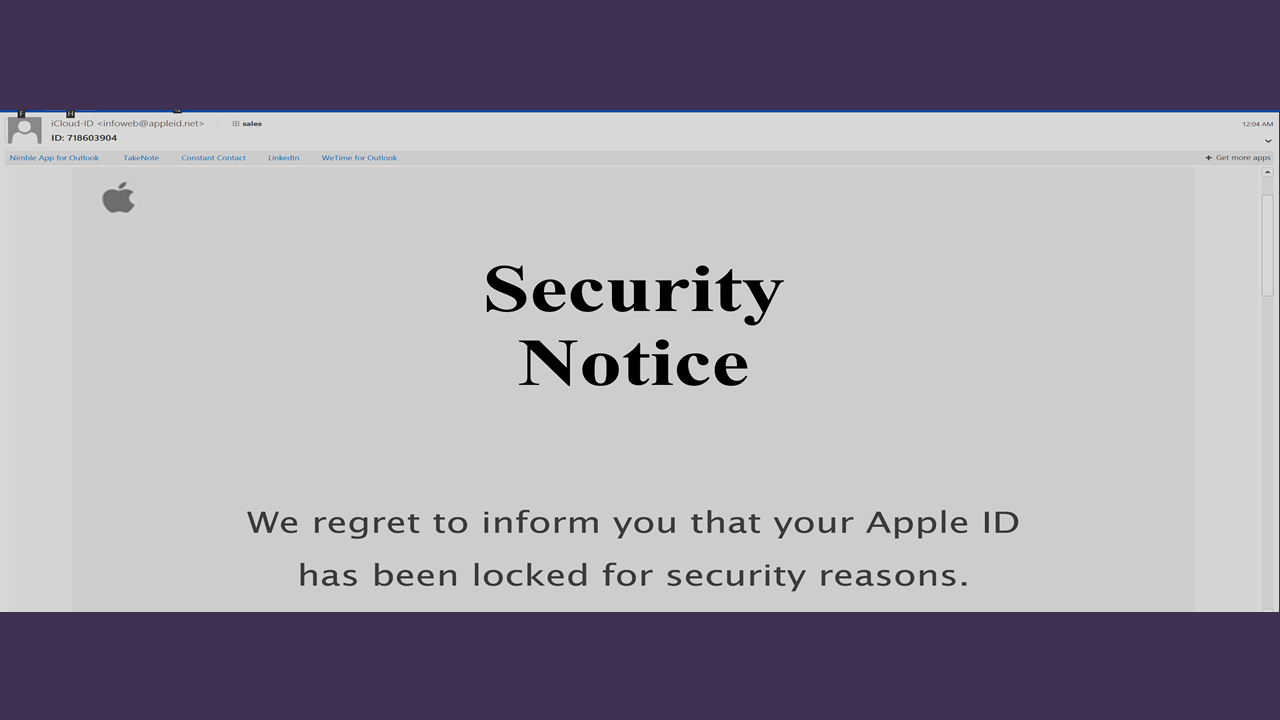Ransomeware Is Popping Up With A Vengeance Hot
In October we wrote about a scary uprising in malware called ransomware.
This malware locks your computer and flashes a message seemingly from the FBI. The message comes in various versions that read similar to “You have been viewing or distributing child porn…violating article 202 of the Criminal Code of the United States of America.” In some versions they can even turn on your webcam and display a picture of you with the message. You are then asked to pay anywhere from $250 and up, in order to have your computer released. Of course this message is not from the FBI.
Recently we have seen an increase in our clients receiving these ransomware messages. Unknowingly they have clicked on an infected site causing malware to be downloaded on their computer. This time however, the cybercriminals have made the malware harder to remove. In October we were able to remotely access our client’s computer and remove the malware. This latest round of ransomware is requiring us to physically be in front of the computer to remove it.
Cybercriminals are playing on our fears and tricking us into paying. They are hoping the victim will both be scared or embarrassed by the message and pay the “fine” instead of seeking a technology professional to help them. Should this scare tactic work on an unsuspecting victim, there is no guarantee that their computer will be unlocked. Worst, the malware will still be hidden on their computer stealing their personal information.
We suggest to our clients to make sure they have continuous up-to-date backups of their data. In case of a situation where the malware cannot be removed you will still have your important data, and your downtime will be minimal.
If you receive this ransomware message the first thing you should do is power down your computer. Although you can try and remove this malware yourself, it is best to seek the help of an IT professional. No matter what you do, do not pay these cyber thieves.
Read more:
http://www.nbcnews.com/business/latest-ransomware-attacks-are-scarily-sophisticated-969766









